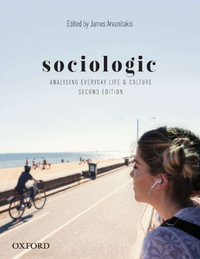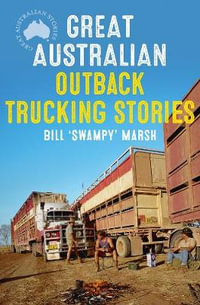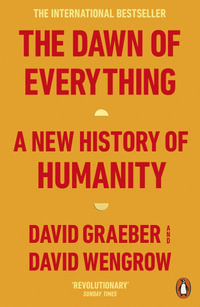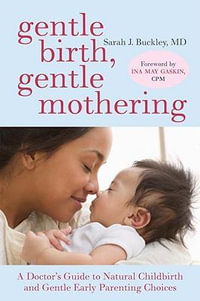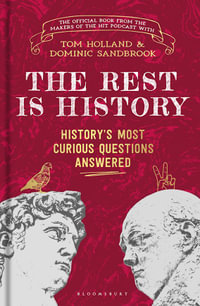While mobilizing the metaphor of 'burning', we remain ambiguous of the racial-geographical signifier of 'Asian'. On one hand, 'Asia' as an idea emerged as a part of the colonial cartography of the world, divided subsequently into sub areas such as East Asia, South, Central and Western Asia. People from said geographies are treated as homogenous groups locatable by an index of skin colour, facial feature, culture, and language (Sakai, 2019). In this sense, the racialization of 'Asia' suggests the continuation of the racial-colonial-capitalist project of which Canada is an integral part. On the other, 'Asia' itself is diverse and heterogenous, fraught with internal tensions between ethnic groups and nation-states. It is perhaps only when 'Asia-ness' becomes a minoritarian experience that such diversity can potentially unify under the identity 'Asian'. Even so, the uniformity is full of political, ethnic, gender, and economic divides. Therefore, we deploy Asian Canadian experiences not as a fixed referent by time and space, but as an ongoing engagement with the settler state and other racialized groups. In other words, we treat Asian Canadian as a process of encounter rather than a given 'identity' we are born into. 'Asian Canadian' might be at best a way of describing how people who either identify as Asians or come from Asian countries experience settler Canada's state power, regulation, and governmentality, within a global capitalist system of exploitation and oppression. Depending on one's immigration status, age, gender, sexuality, ability, and class, those perceived as 'Asian' might have completely different sets of experiences, identifications and affective relationships to settler Canada and their 'places of origins'. Simultaneously, these differentiated social structures also mean that people identifying themselves as 'Asians' become complicit in the exploitation, marginalization and oppressions of other groups, as well as, simultaneously implicated in global racial capitalism, colonialism, anti-Indigenous racism, anti-Black racism, homo and transphobia, sexism and ableism. 'Asian Canadian experiences, ' therefore, are best understood as relational, contradictory and becoming. This collection is concerned with moments and places of tensions, confrontations, relations, and solidarity. We offer no roadmap for liberation but stories of insurgent encounters as people who identify or become 'Asian' migrate, navigate, and implicate uneven global systems to make new dreams, histories and intimacies.





